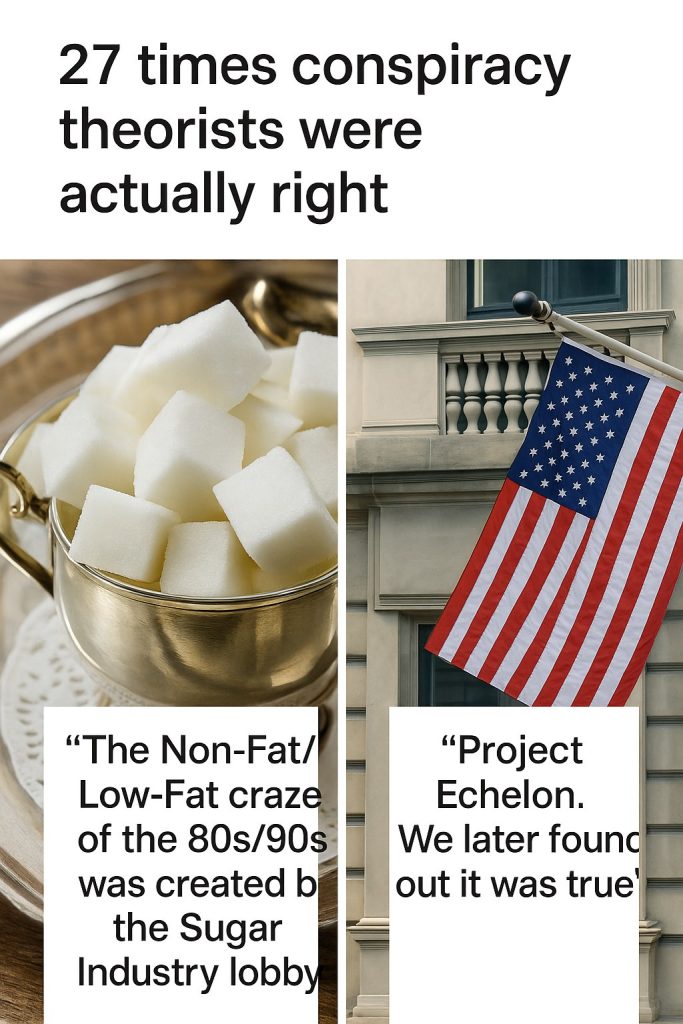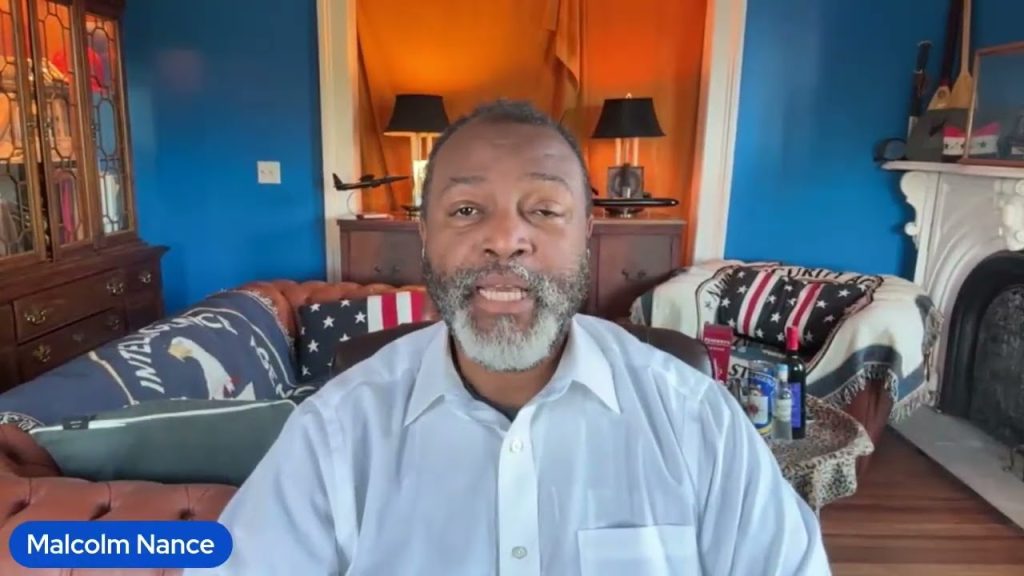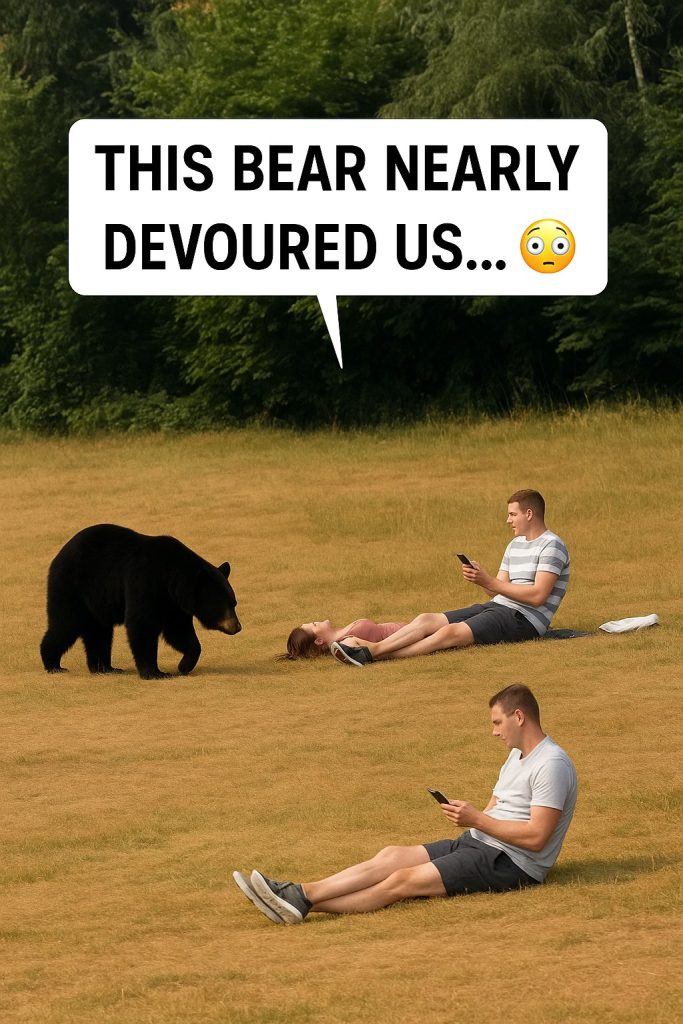In a world where skepticism often surrounds unconventional ideas, certain conspiracy theories have defied expectations by unfolding into verified truths. Recently, renewed attention has been drawn to 27 notable instances where conspiracy theorists were ultimately vindicated, highlighting moments when deeply buried realities surfaced despite initial disbelief.
One of the most striking examples dates back to the 1980s and 1990s, when the craze for non-fat and low-fat products swept global markets. Public health campaigns and food manufacturers alike pushed fat-free options as the healthier choice, often encouraging consumers to reduce fat intake dramatically. It has now come to light that this well-orchestrated movement was heavily influenced by the sugar industry lobby. According to recent investigations, sugar producers made concerted efforts to downplay the risks associated with excessive sugar consumption by shifting the blame onto dietary fats.
This strategic lobbying shaped public perception and nutritional policies in ways that obscured the real dangers of sugar, contributing to decades of health issues related to obesity and heart disease. The revelation serves as a stark reminder of how corporate interests can manipulate science and public health messaging to serve profit motives.
Another example often cited is the once-rumored existence of Project Echelon, a global surveillance program alleged to monitor private communications across borders. For years, claims about Echelon were dismissed as paranoia. However, declassified documents and whistleblower accounts in recent years have confirmed that this expansive surveillance infrastructure was real, operated by multiple nations under the guise of intelligence gathering. This unprecedented exposure of mass electronic surveillance validated concerns over privacy invasions long raised by conspiracy theorists.
Beyond these, other confirmed cases include:
- The Watergate Scandal – Initially brushed off as political smears, the break-in and cover-up attempts became a historical example of governmental conspiracy.
- The Tuskegee Syphilis Study – Government experiments on African American men were denied for decades before the truth emerged.
- Operation Northwoods – Declassified plans for false flag terrorist attacks by the U.S. military were once considered fantastical conspiracies.
The common thread between these and many other cases is the profound institutional secrecy coupled with robust efforts to silence whistleblowers and maintain public ignorance.
What drives the initial dismissal of such claims? Often, the complexity of confirming covert actions, reluctance of official sources to acknowledge faults, and social stigma surrounding conspiracy theories contribute to widespread skepticism. Yet, history shows that thorough investigation and transparency eventually bring many of these suppressed realities to light.
As the digital age accelerates information dissemination, the challenge remains to discern credible evidence from misinformation. The line between skepticism and open-minded inquiry is crucial, reminding us that questioning the official narrative can sometimes reveal critical truths concealed beneath layers of denial.
Whether it is health policies shaped by powerful industry agendas or covert surveillance programs, these 27 confirmed instances of conspiracy theories being right caution us to look beyond immediate appearances. They emphasize the importance of vigilance and ongoing scrutiny in safeguarding public interests and democratic accountability.



